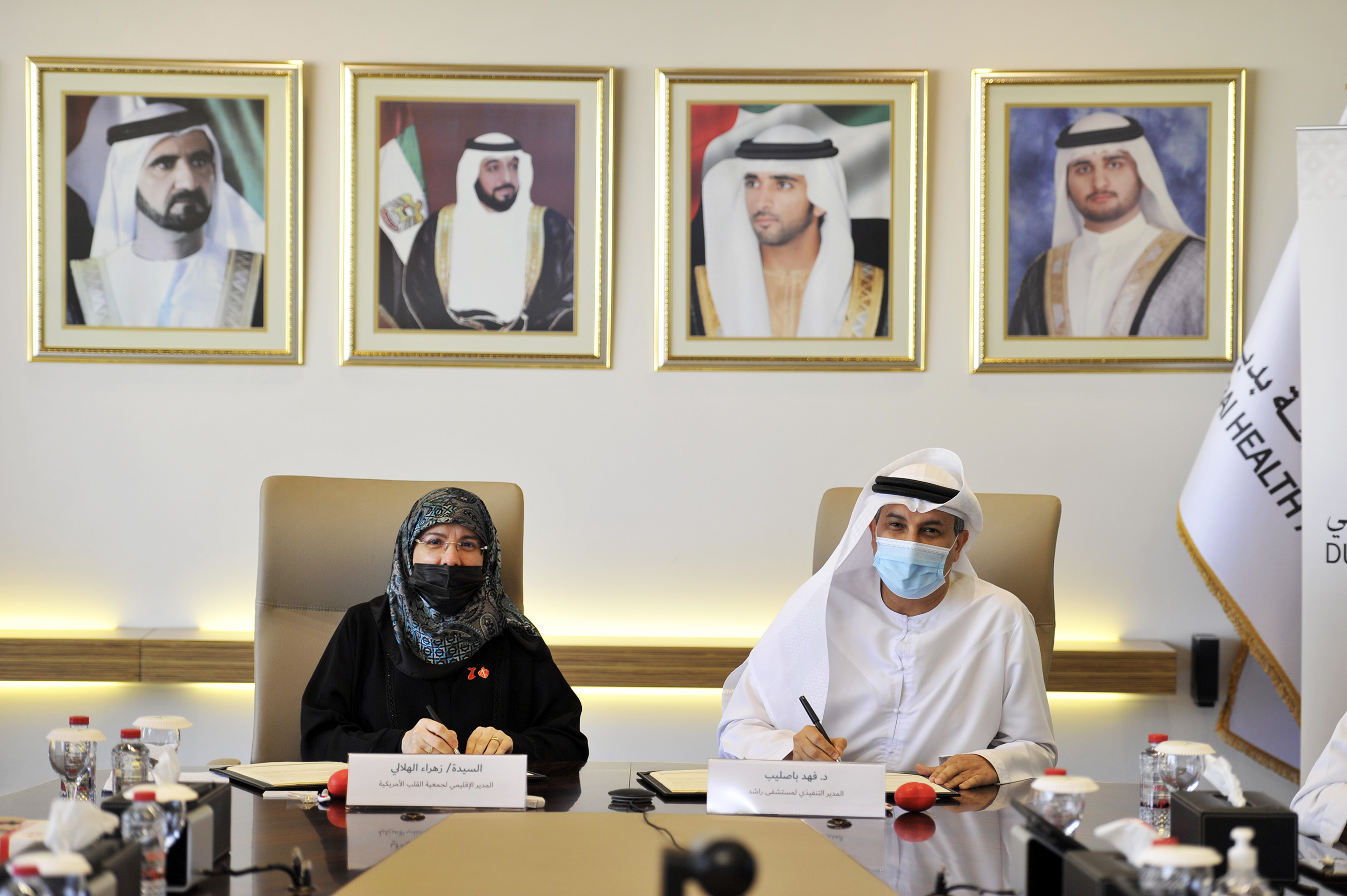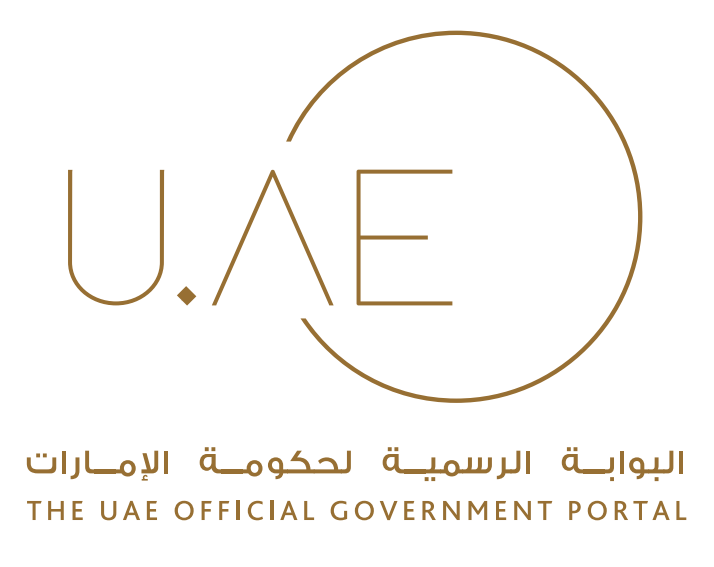Dubai witnessed today, the launch of a one-of-a-kind Cardiopulmonary resuscitation (CPR) training programme as part of the Dubai Heart Safest City project, which is being implemented by the Dubai Health Authority (DHA).
The project aims to increase the survival rate of sudden cardiac arrest in Dubai and aims to break the world’s benchmark and achieve 65 per cent survival rate.
Presently, the global average survival rate of patients who suffer from out-of-hospital sudden cardiac arrest is between 5 to 10 per cent. Every minute following a heart attack is crucial and medical help needs to reach the patient within four minutes.
The DHA signed a Memorandum of Understanding (MoU) with the American Heart Association, which undertook the preparation and construction of the training programme.
Dr Fahad Baslaib, consultant interventional cardiologist and CEO of Rashid Hospital and Zehra Al Hilali, MENA Regional Director, American Heart Association signed the MoU at the DHA headquarters in Dubai.
Dr. Mohammad Al Redha, Director of Project Management Office, Health Informatics and Smart Health at DHA, Dr Wadeia Sharief, Director of the Department of Medical Education and Research at the DHA, Michael Hulley, International Vice President, American Heart Association attended the signing ceremony.
Following the MoU, Dr Baslaib said that Dubai Heart Safest City project is one of the important strategic initiatives aimed at protecting the general health of individuals from one of the most serious health problems, cardiac arrest.
He stated that the DHA is implementing the project based on three main factors, the first focuses on training the largest number of volunteers possible on how to administer CPR.
The second focuses on providing automated external defibrillators (AED) across different areas of the city. A defibrillator delivers a dose of electric current to the heart and buys the patient survival time.
The third revolves around the launch of a smart application that will show where the nearest CPR trained professional is and also the nearest defibrillator.
Dr Baslaib pointed out that there is a specialized committee running the initiative, which includes representatives of the various government departments in Dubai, especially departments that include volunteers.
Dr. Mohammad Al Redha, Director of Project Management Office, Health Informatics and Smart Health at DHA on the other hand, said that the initiative aims to provide 10,000 AED devices across Dubai and that the DHA in partnership with a number of government entities has provided 3,800 devices so far.
He also added that the DHA, in collaboration with a number of specialized organizations has trained 23,000 volunteers on CPR so far.
He said that as part of the MoU, the American Heart Association prepared a one-of-a-kind training programme to support the Dubai Heart Safest City project. Volunteers who will complete the training programme will receive a certificate approved by the Association.
Commenting on the MoU, Michael Hulley, International Vice President, American Heart Association said: “Over a decade ago, the American Heart Association began a concerted effort to address cardiovascular disease around the world, offering technical support, science exchange and training to governments, healthcare providers, hospitals and pre-hospital systems, workplaces and communities. This new programme is the culmination of years of collaboration. It represents all the people whose lives have been or will be saved and made better through the work the American Heart Association does with our partners in Dubai.”
Zehra Al Hilali, MENA Regional Director, American Heart Association said: “Our mission drives everything we do. From heart disease, to stroke, to cardiac arrest. All are problems that the American Heart Association is determined to resolve. In Dubai alone, our affiliated training network trained around 23,000 people in CPR last year, in addition to many community campaigns and outreach. Excellent cardiac care should be the standard for everyone. By working together, we can create more scalable, lasting and impactful solutions, she said.









 For an optimal experience please
For an optimal experience please